| |
The Evolving Universe
The general-interest course The Evolving Universe is part of the
university minor 'Astronomy through Space and Time', and offers an
introduction in modern astronomy for laymen and non-scientists. The
goal of this lecture series is to convey the many fascinating aspects of
astronomy to a broad audience of Bachelor students from all faculties.
An overview of this course with topics relevant for your planning can be
found below.
As noted on the Ocasys webpage, in person attendance of the tutorials is
compulsory as homework assignments are handed out on paper and collected
again during the tutorials in person only. Due to the large group of
students and the fact that all students must be treated equal, no
exceptions can be made.
The course can be found at Ocasys, BrightSpac and Progress as 'The
Evolving Universe' with code WBAS010-05. You can sign up for this course
on ProgressWWW under:
"Intekenen RUG" -> "Wiskunde en Natuurwetenschappen" -> "RUG en FWN Minoren" -> "Universitaire Minor (inschrijving)"
Content:
Audience
Location and dates
Lecturers
Overview of lectures and tutorials
Observing at the Blaauw Observatory
Exam
Assignments
ProgRESS
Literature
Links
Lecture slides
Audience:
This lecture series aims at Bachelor students from all faculties of
the University of Groningen, as well as university employees,
HOVO-students and the general public. This course is valued at 5 ECTS
(140 hours study load) and is part of the
University Minor "Astronomy through Space and Time" . It
may, however, also be included in your curriculum as a stand-alone
course but your exam committee should agree.
No particular prior knowledge is required to follow this course. The
textbook is written in English and the lectures, tutorials and homework
assignments will be given in English as well. Although the use of
mathematical formulas will be avoided as much as possible, a simple
formula may be introduced on occasion and some conceptual understanding
of basic geometry will be advantageous.
The content of this course is not appropriate for students of
astronomy and physics. They can not include The Evolving
Universe in their curriculum and are advised to take regular
first-year courses in astronomy. Other students of the Faculty of
Science and Engineering (FSE) need to consult their exam committee about
whether this course or the University Minor can be part of their
curriculum. Everybody, however, is very welcome to attend the lectures.
to the top
Location and dates:
The 14 lecures will be given at two locations, both in the Zernike Campus: in the Bernoulliborg on Mondays and in the Aletta Jacobshal on Fridays. See the
online schedule for details. Attendance of the lectures is not
mandatory but note that the lectures will not be streamed live over the
internet. The first lecture will be on Monday, November
11 at 11:00-13:00 (see the schedule below).
The 6 tutorials will be given in 5 smaller groups at various locations
on the Zernike campus. See the
online schedule and the overview below for the dates, times and
locations. Please ignore the automatic group partitions of the online
schedule as you will be asked to indicate your prefered tutorial
group/time at the start of the course. Note that in person attendance
of the tutorials is compulsory. Homework assignments and materials will
be exclusively handed out and collected again in person only during the
tutorials.
During the tutorials, additional topics and concepts will be presented
and discussed with slides. Multiple-choice questions will be discused
as example questions for the exam, and questions regarding the homework
assignments will be discussed too. Again, in person attendance of the
tutorials is compulsory if you want to receive your homework
assignments. The first tutorial will be in
week 47, either on Wednesday, November 20 or Thursday, November 21 depending on the group you have been assigned to. Due to the limited capacity of the rooms,
please adhere to the tutorial group that you (will) have been assigned
too.
| Group 1: | Wednesdays, | 15:00-17:00 in room FBG 5612.0126 (Feringa Building) |
| Group 2: | Wednesdays, | 15:00-17:00 in room FBG 5616.0128 (Feringa Building) |
| Group 3: | Wednesdays, | 17:00-19:00 in room FBG 5616.0136 (Feringa Building) |
| Group 4: | Thursdays, | 15:00-17:00 in room BB 5161.0293 (Bernoulliborg) |
| Group 5: | Thursdays, | 15:00-17:00 in room FBG 5616.0136 (Feringa Building) |
If you are not familiar with the Zernike campus, please find the
locations of these building on
the map before you travel to the Zernike campus.
to the top
Lecturers:
The lectures will be given by Prof. Inga Kamp and Prof. Amina Helmi of
the Kapteyn Institute, the department of astronomy of the University of
Groningen. If you have any questions, please send an email or stop by
their offices after making an appointment.
Adres:
Inga Kamp and Amina Helmi
Kapteynborg (behind the food court)
Zernikecomplex, Landleven 12, Postbus 800
9700 AV Groningen
Telephone: 050-3634073 (secr.)
E-mail: kamp[at]astro.rug.nl and ahelmi[at]astro.rug.nl
The tutorials will be supported by BSc and MSc students of astronomy.
| Group 1: | Aleksandar Nevenov (a.nevenov[at]student.rug.nl) |
| Group 2: | Jesse Roomer (j.a.e.roomer[at]student.rug.nl) |
| Group 3: | Karol Kisielowski (k.p.kisielowski[at]student.rug.nl) |
| Group 4: | Srishti Bendigeri (s.bendigeri[at]student.rug.nl) |
| Group 5: | David Gzib (d.gzib[at]student.rug.nl) |
In case you have questions, please contact one of these Teaching Assistants first.
Please note that requests for digital handouts or deadline extensions on
collecting homework assignments can not be considered.
to the top
Overview of the lectures and tutorials:
The lectures will largely follow the text book but more or less
attention will be given to additional and selected topics.
| Dates |
Topics |
Lecturers |
Locations |
Monday, Nov. 11
11:00-13:00 |
 |
Introduction,
Cosmic distances,
Movie : 'Cosmic Voyage' | |
Inga Kamp |
Bernoulliborg
BB 5161.0253 |
Friday, Nov. 15
9:00-11:00 |
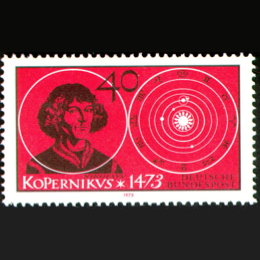 |
Early developments in astronomy,
From a geocentric to a heliocentric world view,
Kepler's laws | |
Amina Helmi |
Aletta Jacobshal,
Lecture Hall 0041 |
Monday, Nov. 18
11:00-13:00 |
 |
The sky in motion,
Stars and constellations
Celestial coordinates and seasons | |
Inga Kamp |
Bernoulliborg
BB 5161.0253 |
Wednesday, Nov. 20
grp 1: 15:00-17:00
grp 2: 15:00-17:00
grp 3: 17:00-19:00
Thursday, Nov. 21
grp 4: 15:00-17:00
grp 5: 15:00-17:00 |
| Tutorial 1 |
| - hand-out of Homework-1 assignment |
|
grp 1: Aleksandar Nevenov
grp 2: Jesse Roomer
grp 3: Karol Kisielowski
grp 4: Srishti Bendigeri
grp 5: David Gzib
|
grp 1: FBG 5612.0126
grp 2: FBG 5616.0128
grp 3: FBG 5616.0136
grp 4: BB 5161.0293
grp 5: FBG 5616.0136 |
Friday, Nov. 22
9:00-11:00 |
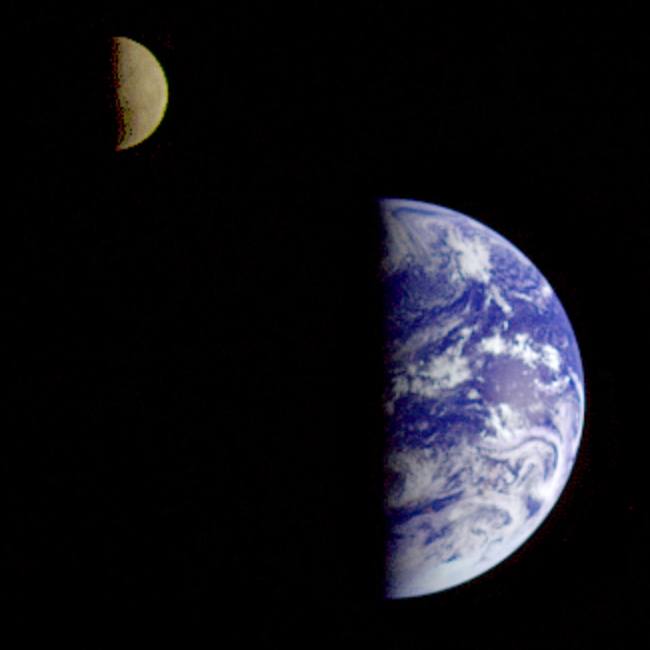 |
Earth and Moon,
Solar and Lunar eclipses,
Calenders and time keeping | |
Rob Spargaaren |
Aletta Jacobshal,
Lecture Hall 0041 |
Monday, Nov. 25
11:00-13:00 |
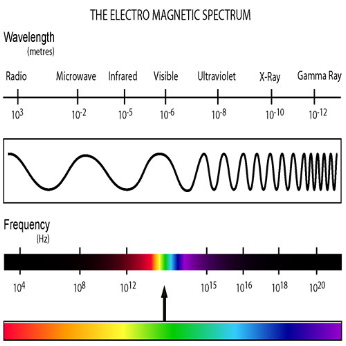 | Electromagnetic radiation | |
Amina Helmi |
Bernoulliborg
BB 5161.0253 |
Wednesday, Nov. 27
grp 1: 15:00-17:00
grp 2: 15:00-17:00
grp 3: 17:00-19:00
Thursday, Nov. 28
grp 4: 15:00-17:00
grp 5: 15:00-17:00 |
|
grp 1: Aleksandar Nevenov
grp 2: Jesse Roomer
grp 3: Karol Kisielowski
grp 4: Srishti Bendigeri
grp 5: David Gzib
|
grp 1: FBG 5612.0126
grp 2: FBG 5616.0128
grp 3: FBG 5616.0136
grp 4: BB 5161.0293
grp 5: FBG 5616.0136 |
Friday, Nov. 29
9:00-11:00 |
 | Telescopes,
Observing techniques | |
Amina Helmi |
Aletta Jacobshal,
Lecture Hall 0041 |
Monday, Dec. 2
11:00-13:00 |
 | The solar system - I,
Origin and composition,
The terrestial planets | |
Inga Kamp |
BernoulliBorg,
BB 5161.0253 |
Wednesday, Dec. 4
grp 1: 15:00-17:00
grp 2: 15:00-17:00
grp 3: 17:00-19:00
Thursday, Dec. 5
grp 4: 15:00-17:00
grp 5: 15:00-17:00 |
| Tutorial 3 |
| - hand-in of Homework-2a assignment |
| - hand-out of Homework-3a assignment |
| - hand-out of Homework-3b observational assignment |
Im 1: 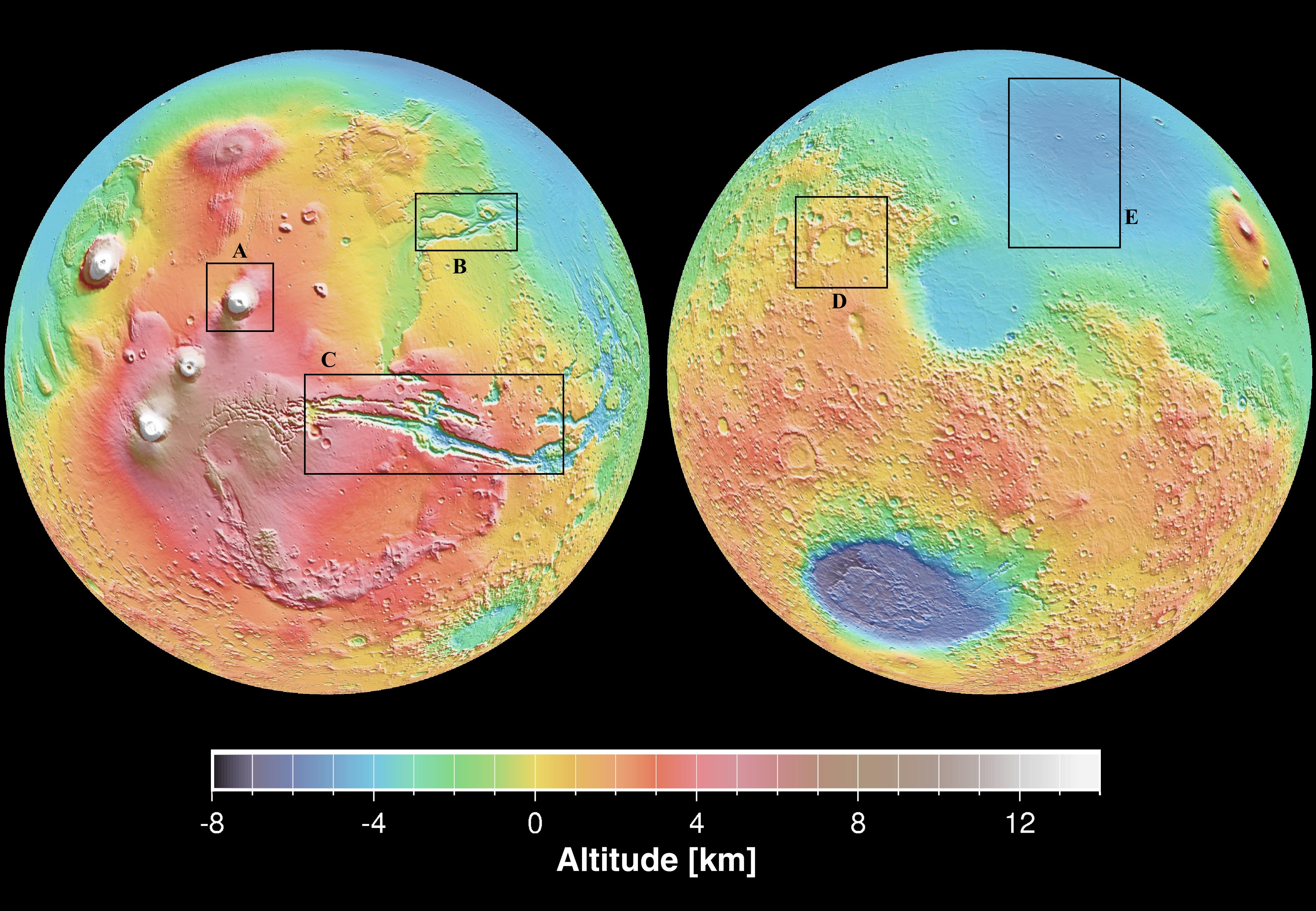 |
Im 2: 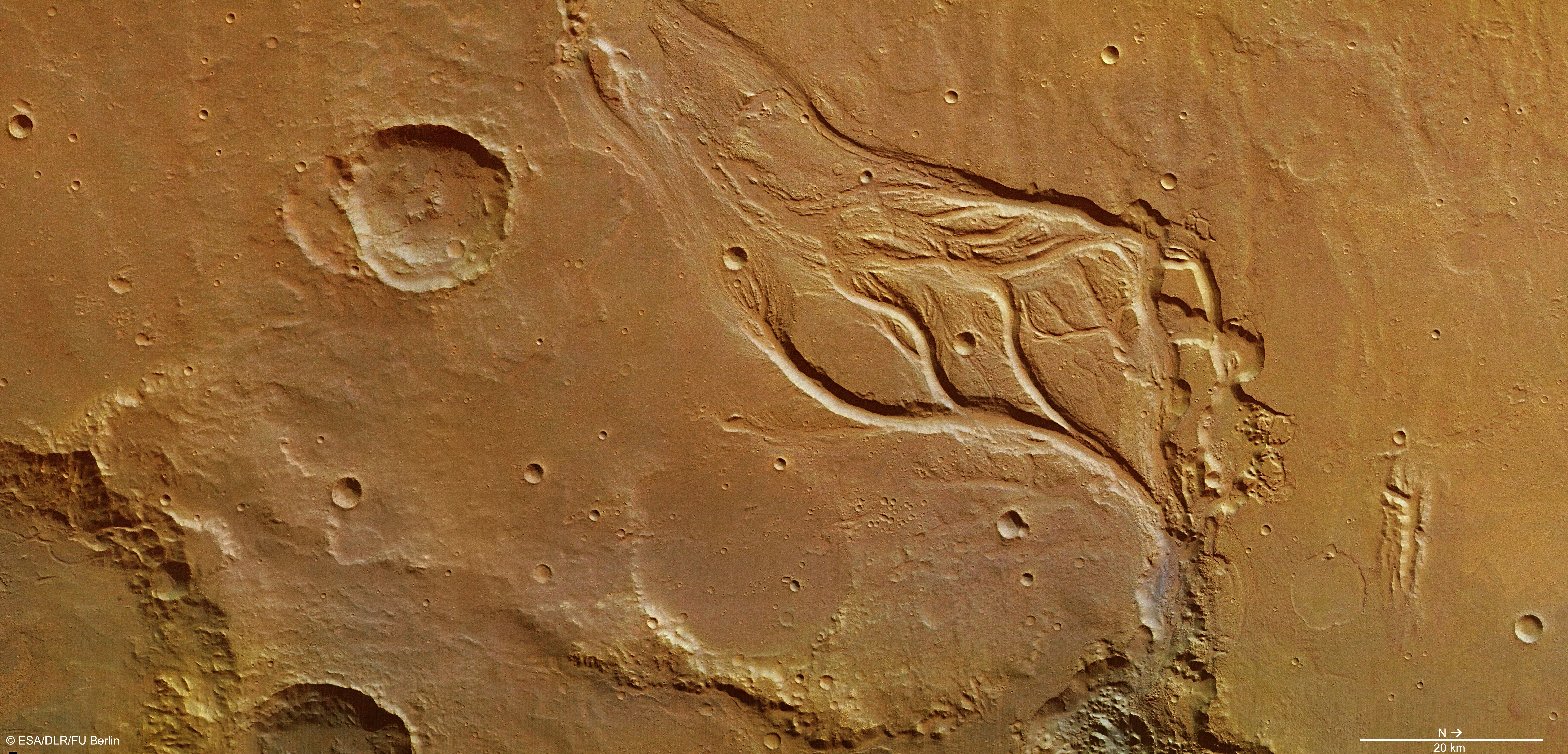 Im 3:
Im 3: 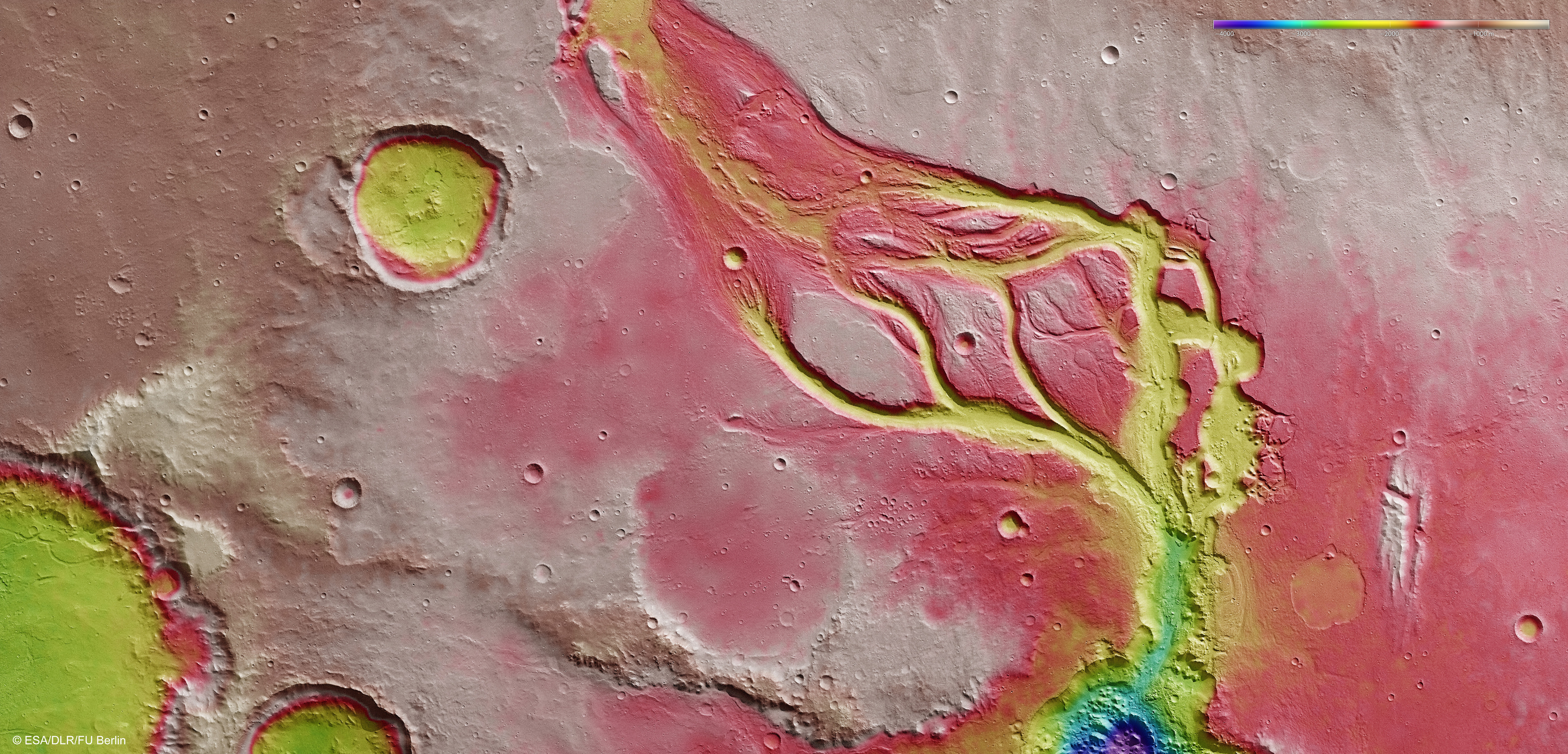 |
|
grp 1: Aleksandar Nevenov
grp 2: Jesse Roomer
grp 3: Karol Kisielowski
grp 4: Srishti Bendigeri
grp 5: David Gzib
|
grp 1: FBG 5612.0126
grp 2: FBG 5616.0128
grp 3: FBG 5616.0136
grp 4: BB 5161.0293
grp 5: FBG 5616.0136 |
Friday, Dec. 6
9:00-11:00 |
 | The solar system - II,
The Jovian planets and their moons,
asteroids and comets | |
Inga Kamp |
Aletta Jacobshal,
Lecture Hall 0041 |
Monday, Dec. 9
11:00-13:00 |
 | The Sun,
Properties of the stars | |
Inga Kamp |
BernoulliBorg,
BB 5161.0253 |
Wednesday, Dec. 11
grp 1: 15:00-17:00
grp 2: 15:00-17:00
grp 3: 17:00-19:00
Thursday, Dec. 12
grp 4: 15:00-17:00
grp 5: 15:00-17:00 |
| Tutorial 4 |
| - hand-in of Homework-3a assignment |
| - hand-out of Homework-4 assignment |
Stellar spectra:  |
|
grp 1: Aleksandar Nevenov
grp 2: Jesse Roomer
grp 3: Karol Kisielowski
grp 4: Srishti Bendigeri
grp 5: David Gzib
|
grp 1: FBG 5612.0126
grp 2: FBG 5616.0128
grp 3: FBG 5616.0136
grp 4: BB 5161.0293
grp 5: FBG 5616.0136 |
Friday, Dec. 13
9:00-11:00 |
 | Interstellar Matter
Star formation | |
Inga Kamp |
Aletta Jacobshal,
Lecture Hall 0041 |
Monday, Dec. 16
11:00-13:00 |
 | Stellar evolution,
The death of stars | |
Inga Kamp |
BernoulliBorg,
BB 5161.0253 |
Wednesday, Dec. 18
grp 1: 15:00-17:00
grp 2: 15:00-17:00
grp 3: 17:00-19:00
Thursday, Dec. 19
grp 4: 15:00-17:00
grp 5: 15:00-17:00 |
| Tutorial 5 |
| - hand-in of Homework-4 assignment |
| - hand-out of Homework-5 assignment |
Im 4a: 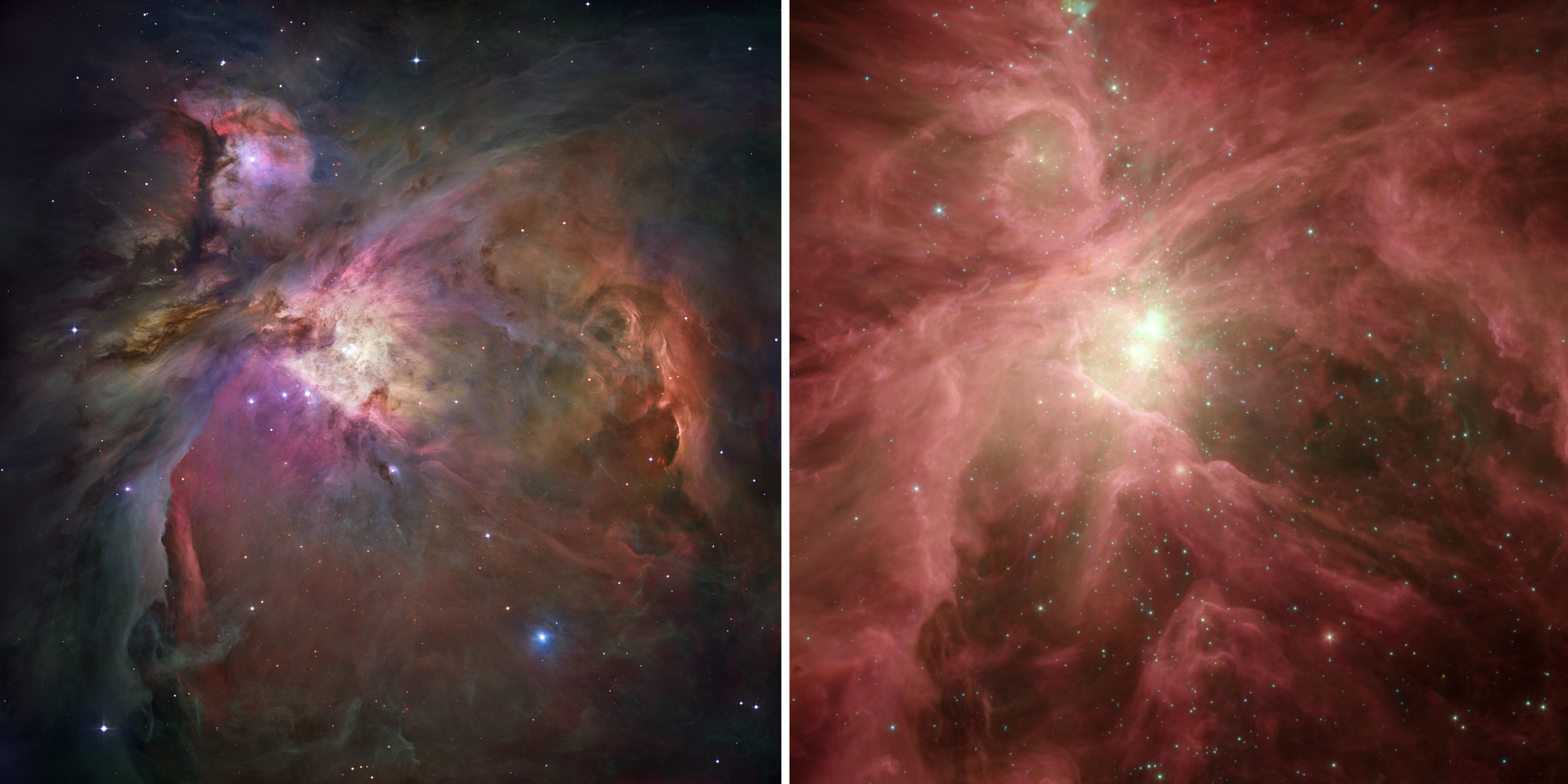 ,
Im 4b: ,
Im 4b: 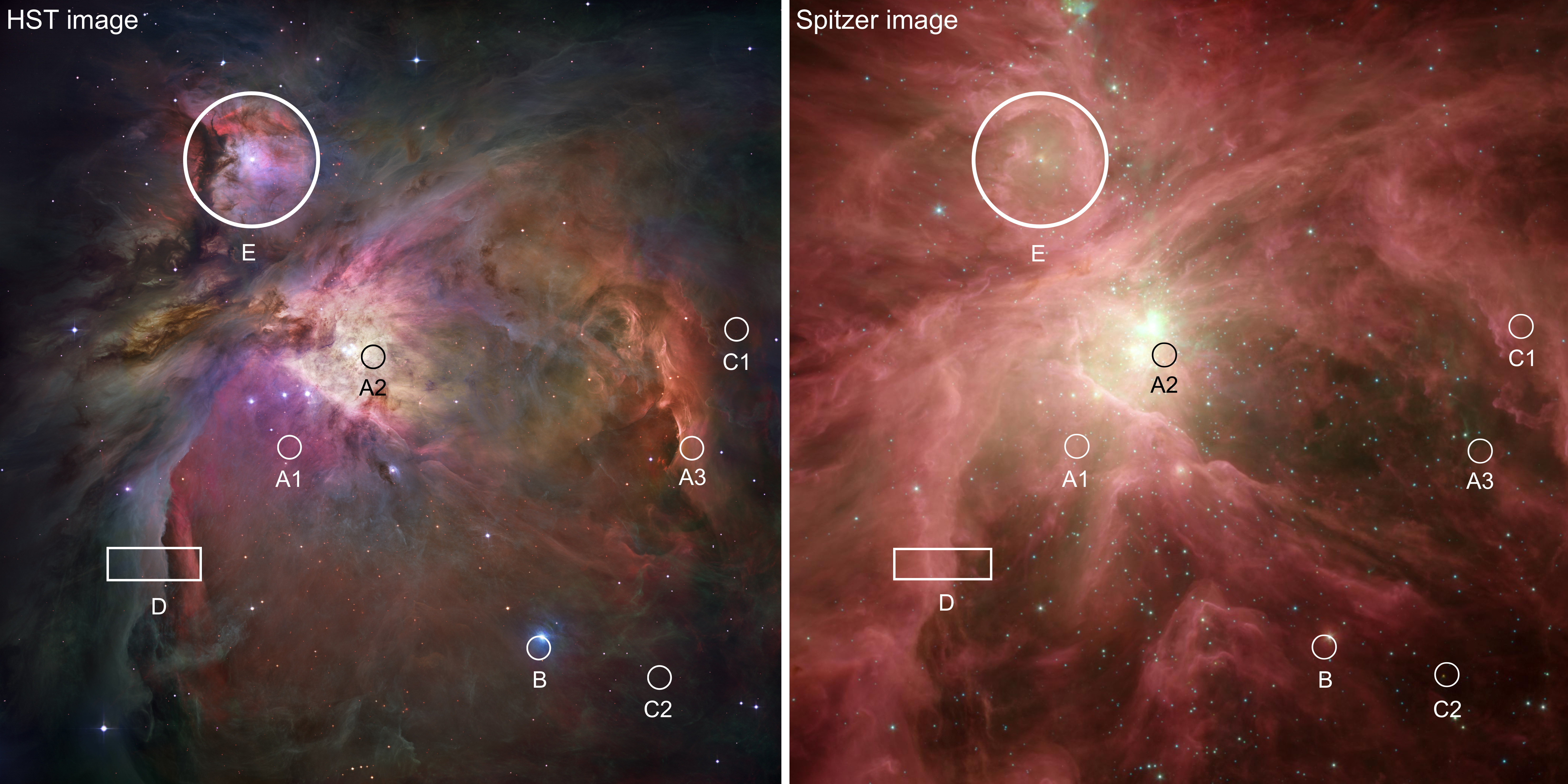 |
| Spreadsheet: here |
|
grp 1: Aleksandar Nevenov
grp 2: Jesse Roomer
grp 3: Karol Kisielowski
grp 4: Srishti Bendigeri
grp 5: David Gzib
|
grp 1: FBG 5612.0126
grp 2: FBG 5616.0128
grp 3: FBG 5616.0136
grp 4: BB 5161.0293
grp 5: FBG 5616.0136 |
Friday, Dec. 20
9:00-11:00 |
 | The Milky Way | |
Amina Helmi |
Aletta Jacobshal,
Lecture Hall 0041 |
Friday, Jan. 10
9:00-11:00 |
 | Galaxies | |
Inga Kamp |
Aletta Jacobshal,
Lecture Hall 0041 |
Wednesday, Jan. 15
grp 1: 15:00-17:00
grp 2: 15:00-17:00
grp 3: 17:00-19:00
Thursday, Jan. 16
grp 4: 15:00-17:00
grp 5: 15:00-17:00 |
| Tutorial 6 |
| - hand-in of Homework-5 assignment |
| - hand-in of Observational assignments 2b and 3b |
|
grp 1: Aleksandar Nevenov
grp 2: Jesse Roomer
grp 3: Karol Kisielowski
grp 4: Srishti Bendigeri
grp 5: David Gzib
|
grp 1: FBG 5612.0126
grp 2: FBG 5616.0128
grp 3: FBG 5616.0136
grp 4: BB 5161.0293
grp 5: FBG 5616.0136 |
Friday, Jan. 17
9:00-11:00 |
 | Active galaxies,
Cosmology | |
Inga Kamp |
Aletta Jacobshal,
Lecture Hall 0041 |
Wednesday, Jan. 22
13:00-15:00 |
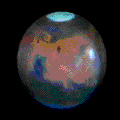 | Questions & videos | |
Inga Kamp |
Linnaeusborg
LB 5173.0055 |
Tuesday, Jan. 28
11:45-13:45 |
Exam |
Inga Kamp |
Aletta Jacobs Exam Hall 4,
desks F22 - M3 |
Friday, Apr. 11
15:00-17:00 |
Resit exam |
Inga Kamp |
Aletta Jacobs Exam Hall 4,
desks T1 - V10 |
to the top
Observing at the Blaauw Observatory:
The Kapteyn Institute operates an astronomical observatory on top of the
BernoulliBorg. Participants in the course The Evolving Universe
may have the opportunity to gaze at the beautiful heavens through a
telescope themselves, provided the weather conditions are favorable.
Observing opportunities will be announced during the lectures, likely
towards the end of the course and possibly on a short term notice given
the rapidly changing weather conditions in The Netherlands.
Information about the Blaauw Observatory can be found here.
to the top
Exam:
This course will be graded on the basis of five homework assignments
(see below) and a physical, in-person multiple-choice exam on Tuesday,
January 28 from 11:45 until 13:45 in the Aletta Jacobs exam hall. The
average grade of the five homework assignments counts for 40% of the
final grade. The grade of the exam counts for 60% of the final grade.
A minimum grade of 4.5 for the exam itself, compensated by a higher
homework grade, is required to pass the course.
The exam will test general knowledge, insights and facts about astronomy
as conveyed during the lectures and tutorials. Students of the
University of Groningen will receive their grade via ProgRESS. As the
text book is more extensive in content than what can be discussed during
the lectures, an overview of topics relevant for the exam will be
provided (see
content to be tested).
Resit exam:
The date for the resit exam is currently planned for Friday, April 11,
from 15:00 until 17:00 also in the Aletta Jacons exam hall. The grade for the resit exam will also count for 60% of
the final grade as the average homework grade will still count.
to the top
Homework assignments:
In previous years, students have indicated that they like to obtain some
hands-on experience with the subjects discussed in the lectures. To
honour this request, there will be 6 tutorials this year, as well as 5
homework assignments to be completed
individually. The homework assignments will be graded and
their average grade contributes for 40% to the final grade.
The homework assignments and accompanying materials will be exclusively handed out on paper and in person during the tutorials. The filled
in answer sheets must be handed in in
person during the next tutorial a week later, when also the
next homework assignment will be handed out on paper and in person.
Therefore, attendance of the 6 tutorials is compulsory, including the
tutorial on December 19. Not handing in a homework assignment will
result in a grade 1 for that particular assignment. Please keep this in
mind when planning your winter travels!
Note that two homework assignments will also comprise some evening
observational exercises for which supporting materials will be provided.
Since some of these exercises require clear weather conditions, a longer
period of time will be allowed to complete these observational
assignments.
to the top
ProGRESS:
Final grades are managed and distributed through the ProgRESS system.
After the grades have been entered in ProgRESS by the Educational
Support Center of the FSE faculty, they can be distributed to the grade
management systems of the other faculties. The exchange file needs to
be actively retrieved by the administrators of your own faculty. As
long as this has not been accomplished, your grade will not appear in
ProgRESS. Please contact the Educational Support Center of your faculty
if the grade does not appear in your ProgRESS account in due time.
to the top
Literature:
The defining text book for this lecture series is In Quest of the
Universe by Theo Koupelis (7th edition, Jones and Bartlett
Publishers, ISBN 978-1-4496-8775-5). This book provides a description
of contemporary astronomy and gives access to online educational
material. The book is printed on demand and, consequently, has a
significant delivery time. You may find cheaper and used versions of
the textbook at BookFinder.com
. Note: the book 'Evoluerend Heelal' by G. Schilling is NOT
acceptable for this course.
Regrettably, the text book by Koupelis has become excessively expensive
this year and cheaper used copies have become difficult to obtain.
Although 'Koupelis' is still the defining text book, the free online
open-source book Astronomy-2e
will also be referred to. A pdf version of this book (1100 pages)
can be downloaded for free.
The lecture slides and video clips will be made available after the
lecture near the bottom of this webpage. Note that the slides should be
considered as visual supporting material for the lectures. The detailed
content of the lectures will not be spelled out on the slides and the
collection of slides cannot be considered as a complete syllabus of the
course material. Therefore, it is important that you have access to the
text book, which will be your main source to study the course topics.
to the top
Links:
Dutch institutes:
Kapteyn Instituut , University of Groningen
Sterrewacht , Leiden University
Anton Pannekoek Institute for Astronomy , University of Amsterdam
Astrophysics group , Radboud University
ASTRON , Dwingeloo
JIVE , Dwingeloo
NOVA , De Nederlandse Onderzoekschool Voor Astronomie
Astronomical Observatories:
Isaac Newton Group of Telescopes , Roque de Los Muchachos, La Palma, Spain
Mauna Kea Observatories , Hawaii, USA
Paranal , European Southern Observatory, Chile
La Silla , European Southern Observatory, Chile
KPNO , Kitt Peak National Observatory, Arizona, USA
Calar Alto , Spain
AAO , Anglo-Australian Observatory
WSRT , Westerbork Synthesis Radio Telescope, The Netherlands
VLA , Very Large Array, New Mexico, USA
GMRT , Giant Metrewave Radio Telescope, Pune, India
ATCA , Autralia Telescope Compact Array, Narrabri, Australia
OVRO , Owens Valley Radio Observatory, California, USA
Arecibo Observatory , Puerto Rico, USA
Space-based observatories:
Exploration of the solar systems:
Websites with pretty astronomy pictures:
Hubble Heritage Project , Space Telescope Science Institute
Astronomy Picture of the Day , Goddard Space Flight Center
NASA Planetary Photojournal , Jet Propulsion Laboratory
NOAO Image Gallery , National Optical Astronomy Observatory
ESO Top 100 Photo Gallery , European Southern Observatory
HST opnames , Space Telescope Science Institute
to the top
Lecture slides:
| Lecture I | - Introduction |
( pdf ,
movies ) |
| Lecture II | - History of Astronomy |
( pdf ,
movies ) |
| Lecture III | - The sky in motion |
( pdf ,
movies ) |
| Lecture IV | - Earth & Moon, eclipses |
( pdf ,
movies ) |
| Lecture V | - Electromagnetic radiation |
( pdf ,
movies ) |
| Lecture VI | - Telescopes |
( pdf ,
movies ) |
| Lecture VII | - The Solar system - I |
( pdf ,
movies ) |
| Lecture VIII | - The Solar system - II |
( pdf ,
movies ) |
| Lecture IX | - The Sun, Properties of stars |
( pdf ,
movies ) |
| Lecture X | - Interstellar Matter, Star formation |
( pdf ,
movies ) |
| Lecture XI | - Stellar evolution, death of stars |
( pdf ,
movies ) |
| Lecture XII | - The Milky Way |
( pdf ,
movies ) |
| Lecture XIII | - Galaxies |
( pdf ,
movies ) |
| Lecture XIV | - Active Galaxies, Cosmology |
( pdf ,
movies ) |
The most recent and updated slides will be made available after the
lecture. The .pdf links point at pdf documents with a few slides per page
that you can view and print at home. These slides summarize the topics
and concepts that can be tested at the exam.
to the top
Summary of lectures & exam topics:
Topics, concepts and facts that were discussed during the lectures and
that can be tested at the exam can be found on this page.
to the top
|








Im 3:






, Im 4b:




